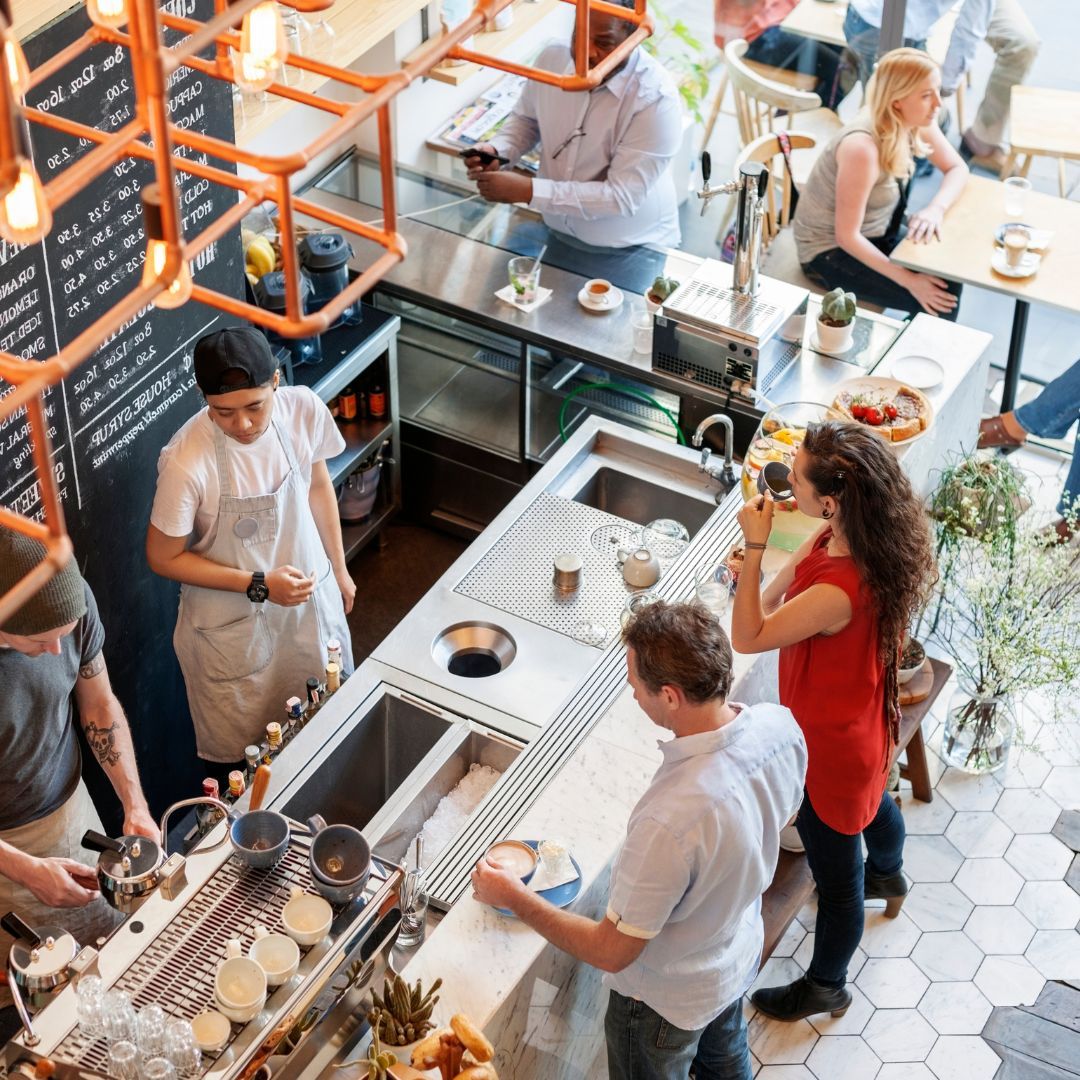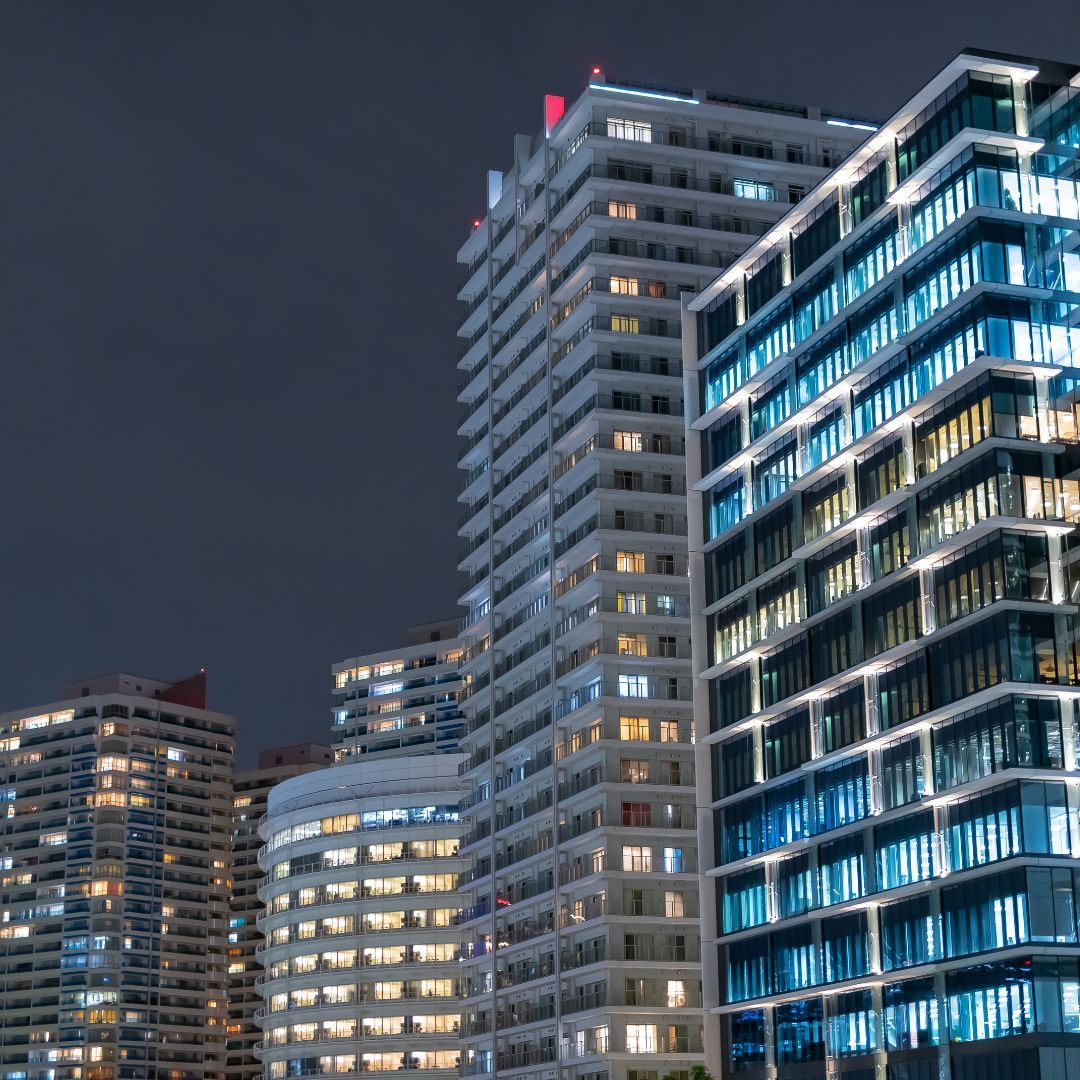How to Navigate the Legal Requirements for Serving Alcohol at Events
See How We're Different
or call us: 303-834-1001
Organizing an event that includes serving alcohol can be a rewarding yet complex endeavor. Whether it's a wedding, corporate gathering, or a community festival, understanding the legal requirements for serving alcohol is crucial to ensure compliance and avoid potential legal issues. This comprehensive guide will walk you through the essential steps and considerations for legally serving alcohol at your event.
Understanding the Basics of Alcohol Licensing
Types of Alcohol Licenses
Before you can serve alcohol at an event, it's important to understand the different types of alcohol licenses available. Generally, licenses are categorized based on the type of event and the nature of the alcohol service. Common licenses include on-premises licenses for bars and restaurants, off-premises licenses for liquor stores, and special event licenses for temporary events. Each type of license has specific requirements and restrictions, so it's essential to choose the one that aligns with your event's needs.
Special event licenses are particularly relevant for one-time or annual events. These licenses allow event organizers to legally serve alcohol for a limited period. The application process for a special event license often involves providing details about the event, including its location, expected attendance, and the types of alcohol to be served.
It's also important to note that some jurisdictions may require additional permits or approvals, such as health department permits or local government approvals. Understanding these requirements early in the planning process can help avoid last-minute complications.
Local and State Regulations
Alcohol laws vary significantly from one state to another, and even from one city to another within the same state. Familiarizing yourself with local and state regulations is crucial to ensure compliance. Some states have strict laws regarding the hours during which alcohol can be served, while others may have specific rules about serving alcohol at outdoor events.
In addition to state laws, local ordinances may impose further restrictions or requirements. For example, some cities require event organizers to notify local law enforcement about events where alcohol will be served. Others may have noise ordinances or zoning laws that affect where and how alcohol can be served.
Consulting with a legal expert or a local alcohol control board can provide valuable insights into the specific regulations that apply to your event. This step can help you navigate the complexities of local and state laws and ensure that your event is fully compliant.
Steps to Obtain an Alcohol License for Your Event
Research and Planning
The first step in obtaining an alcohol license is thorough research and planning. Begin by identifying the type of license you need and the specific requirements for obtaining it. This may involve gathering information about the event location, expected attendance, and the types of alcohol to be served.
Once you have a clear understanding of the requirements, create a detailed plan for your event. This plan should include logistical details such as the layout of the event space, security measures, and staffing arrangements. Having a well-thought-out plan can streamline the application process and demonstrate to licensing authorities that you are prepared to host a safe and compliant event.
It's also important to consider the timeline for obtaining a license. Some jurisdictions require applications to be submitted several weeks or even months in advance, so early planning is essential to avoid delays.
Application Process
The application process for an alcohol license typically involves submitting a formal application to the relevant licensing authority. This application will require detailed information about the event, including its purpose, location, and expected attendance. You may also need to provide information about the types of alcohol to be served and the measures you will take to ensure responsible alcohol service.
In addition to the application form, you may be required to submit supporting documents such as a site plan, proof of insurance, and a security plan. These documents help demonstrate that you have considered all aspects of hosting an event with alcohol service and are prepared to manage any potential risks.
Once your application is submitted, it may be subject to review by the licensing authority. This review process can take several weeks, so it's important to submit your application well in advance of the event date. Be prepared to answer any questions or provide additional information if requested by the licensing authority.
Approval and Compliance
Once your application is approved, you will receive your alcohol license. It's important to carefully review the terms and conditions of the license to ensure full compliance. This may include restrictions on the hours during which alcohol can be served, the types of alcohol that can be served, and any specific security or safety measures that must be in place.
Compliance with the terms of your license is crucial to avoid penalties or legal issues. Ensure that all staff involved in the event are aware of the licensing requirements and are trained in responsible alcohol service. This includes understanding how to check IDs, recognizing signs of intoxication, and handling difficult situations.
In addition to complying with the terms of your license, it's important to maintain open communication with local authorities and law enforcement. This can help ensure a smooth and successful event and demonstrate your commitment to hosting a safe and compliant event.
Ensuring Responsible Alcohol Service
Training and Certification
Responsible alcohol service is a critical aspect of hosting an event with alcohol. Ensuring that all staff involved in serving alcohol are properly trained and certified can help prevent issues related to overconsumption and underage drinking. Many jurisdictions offer training programs for alcohol servers, which cover topics such as checking IDs, recognizing signs of intoxication, and handling difficult situations.
Certification programs provide valuable knowledge and skills for alcohol servers, helping them to confidently manage alcohol service at events. In some areas, certification may be a legal requirement for anyone serving alcohol, so it's important to verify the specific requirements in your jurisdiction.
Investing in training and certification for your staff not only helps ensure compliance with legal requirements but also demonstrates your commitment to hosting a safe and responsible event. This can enhance the reputation of your event and contribute to a positive experience for attendees.
Implementing Safety Measures
In addition to training and certification, implementing safety measures is essential to ensure responsible alcohol service. This includes setting up designated areas for alcohol service, monitoring consumption, and providing alternative transportation options for attendees who may be intoxicated.
Designated alcohol service areas help control the flow of alcohol and prevent underage access. These areas should be clearly marked and staffed by trained personnel who can monitor consumption and identify potential issues. Providing alternative transportation options, such as shuttle services or partnerships with ride-sharing companies, can help ensure that attendees have safe options for getting home.
It's also important to have a clear plan for handling emergencies or incidents related to alcohol consumption. This plan should include procedures for contacting local authorities, providing medical assistance, and managing any disruptions to the event. Having a well-defined plan in place can help ensure a swift and effective response to any issues that may arise.
Conclusion
Navigating the legal requirements for serving alcohol at events requires careful planning, research, and compliance with local and state regulations. By understanding the types of licenses available, the application process, and the importance of responsible alcohol service, event organizers can ensure a successful and compliant event. Investing in training, implementing safety measures, and maintaining open communication with authorities are key steps in hosting an event that is both enjoyable and legally compliant. With the right preparation and attention to detail, serving alcohol at your event can be a seamless and rewarding experience.













